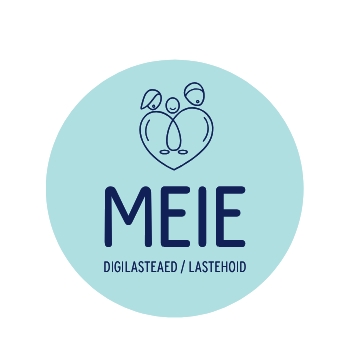The benefits of early childhood digital literacy
Digital literacy is the ability to use information and communication technologies to find, evaluate, create, and communicate information, requiring both cognitive and technical skills. It is a crucial component of education that goes beyond the mere ability to use gadgets; it encompasses a deeper understanding of the digital environment.
In a world where technology permeates every aspect of life, digital literacy is not just beneficial; it's essential. For children, acquiring digital literacy skills at an early age sets the foundation for lifelong learning and adaptation in a rapidly evolving digital landscape.
Key Benefits of Early Childhood Digital Literacy
Interactive digital tools offer dynamic ways to engage young minds, fostering cognitive skills such as problem-solving, critical thinking, and the ability to focus and follow instructions.
Early education on digital literacy helps children understand the importance of online safety, privacy, and the ethical use of technology, shaping them into responsible digital citizens.
By integrating technology into early education, children become comfortable with digital learning environments, giving them a head start in technology-rich academic settings.
As the workplace evolves, skills like digital communication, information literacy, and the ability to collaborate virtually become indispensable. Early childhood digital literacy lays the groundwork for these competencies.
Technology offers children new mediums for creativity, whether it's through digital storytelling, art, or music, allowing for unique forms of self-expression and innovation.
Implementing Digital Literacy in Early Childhood Education
Selecting the right digital tools is crucial for effective learning. These tools should be age-appropriate, engaging, and educational, providing a balance between learning and play.
Curriculum integration ensures that digital literacy is not an afterthought but a core component of early education, allowing children to seamlessly apply technology in various learning contexts.
Parents and educators play a pivotal role in guiding children through the digital world, ensuring they have positive experiences and learn to use technology wisely and effectively.
Challenges and Considerations
While digital literacy is important, it's also necessary to balance screen time with physical activity and offline interactions to support overall health and development.
Addressing the digital divide is critical to ensure all children have the opportunity to develop digital literacy skills, regardless of their socio-economic background.
Technology is constantly evolving, and staying abreast of these changes is a challenge for educators and parents alike, requiring ongoing learning and adaptation.






Comments (0)